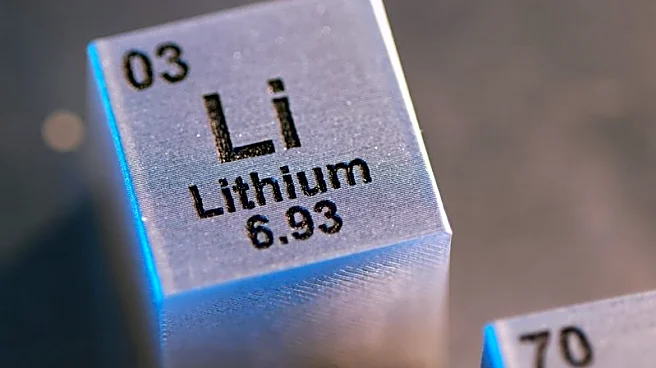What's Happening?
Governor Shapiro signed a budget bill for fiscal year 2025-2026, which includes significant changes to Pennsylvania's environmental policy. The bill ends Pennsylvania's participation in the Regional Greenhouse
Gas Initiative (RGGI), a multistate compact aimed at reducing greenhouse gas emissions through a cap-and-trade program. The initiative required fossil fuel power plants to purchase allowances to offset emissions. The bill also introduces permitting reforms to enhance efficiency and transparency, building on the Streamlining Permits for Economic Expansion and Development (SPEED) Program. These reforms include new transparency requirements for state agencies and expedited permit processes for certain environmental permits.
Why It's Important?
The legislative abrogation of the RGGI rule marks a significant shift in Pennsylvania's approach to environmental regulation, potentially impacting the state's power sector and its greenhouse gas emissions. The permitting reforms aim to streamline processes, which could benefit businesses by reducing wait times and increasing transparency. The changes are expected to be welcomed by the business community, as evidenced by the Pennsylvania Chamber of Business and Industry's support. However, the reforms may face legal challenges, and their ultimate impact will depend on implementation and judicial review.
What's Next?
The discontinuation of RGGI participation may lead to legal challenges, as appeals related to the initiative are pending in the Pennsylvania Supreme Court. Businesses and industries relying on environmental permits will need to monitor these developments closely to avoid operational disruptions. The implementation of the permitting reforms will be crucial in determining their effectiveness and acceptance by stakeholders.
Beyond the Headlines
The abrogation of RGGI could have broader implications for regional environmental policies and collaborations among Northeastern states. The permitting reforms may set a precedent for other states seeking to balance economic development with environmental protection.











